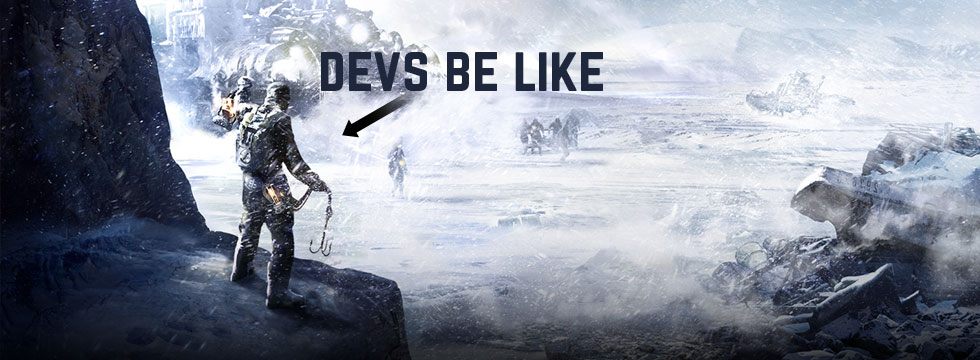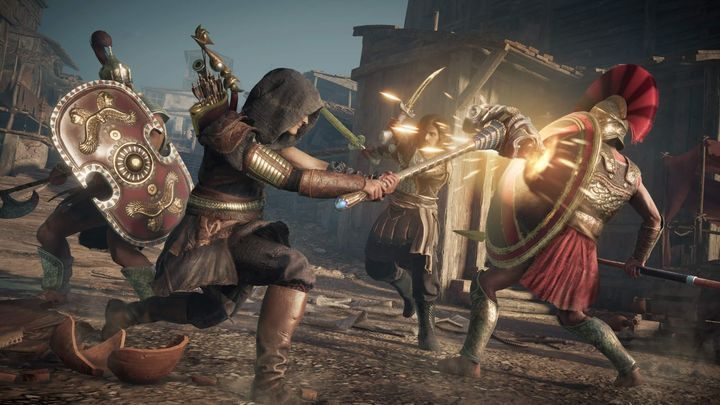Developing games, making dinner. Gamedev in times of pandemic

- Gamedev in Times of Pandemic – Developing AAAs on Couch
- “We've wrapped it up in three days”
- Developing games, making dinner
- The Big Short – recession vs. gaming
- A lesson for the future
Developing games, making dinner
Obviously communication is the biggest casualty of the crisis. When you take all the interactions and exchanges of dozens, or even hundreds of people into the cloud, you're running the risks of creating excessive information noise.

There's no denying it – even if your team can work efficiently over the Internet, setting up meetings still takes lots of time. Settling matters face-to-face can be a challenge, and these issues are exacerbated when you're working exclusively via the net. And that's assuming your people are disciplined enough to work from home. Which is definitely not a given.
Jarek Zielinski, Destructive Creations
. The people at 11 bit studios feel much in the same way.
Communication was most affected by it. When you're sitting in a chair in the office, you can just turn around and ask. Now, you need to arrange a "call." . As project lead responsible for Frostpunk, I basically spend my 9-to-5 at various meetings. They're much more frequent than when I worked in the office – after all, communication becomes crucial. Switching to work from home was mostly a cultural change. In the office, all you had to do was ask; now, you have to actively manage the flow of information. You have to keep everyone in the loop, engaged.
Kuba Stokalski, 11 bit studios
Small studios, accustomed to working remotely, adapted quickly to the new circumstances. But what about bigger teams? Creating a game like Cuphead from the comfort of your home (as the game was indeed made) doesn't seem impossible – unlike developing games like Assassin's Creed or Cyberpunk 2077.

Ubisoft proved that a studio employing over 1000 people on five continents can efficiently develop video games. The team curating Frostpunk now consists of 40 individuals. We don't have a strict scope of activities, everyone's doing a little bit of this and that. I don't feel like it's hard to manage. There are challenges, of course, but I think the whole situation is a maturity test for the management. Ubisoft is a great example: it has to organize the production process for teams not just working remotely, but doing so in different time zones. . It's a huge test of organization and management efficiency. If you can't control the process well, not to mention people, you'll have a huge problem.
Kuba Stokalski, 11 bit studios
As Miechowski pointed out, a vertical structure of a company (division into departments and their bosses) works well in bigger entities. Smaller teams, such as indie studios, are completely fine with a horizontal structure.




